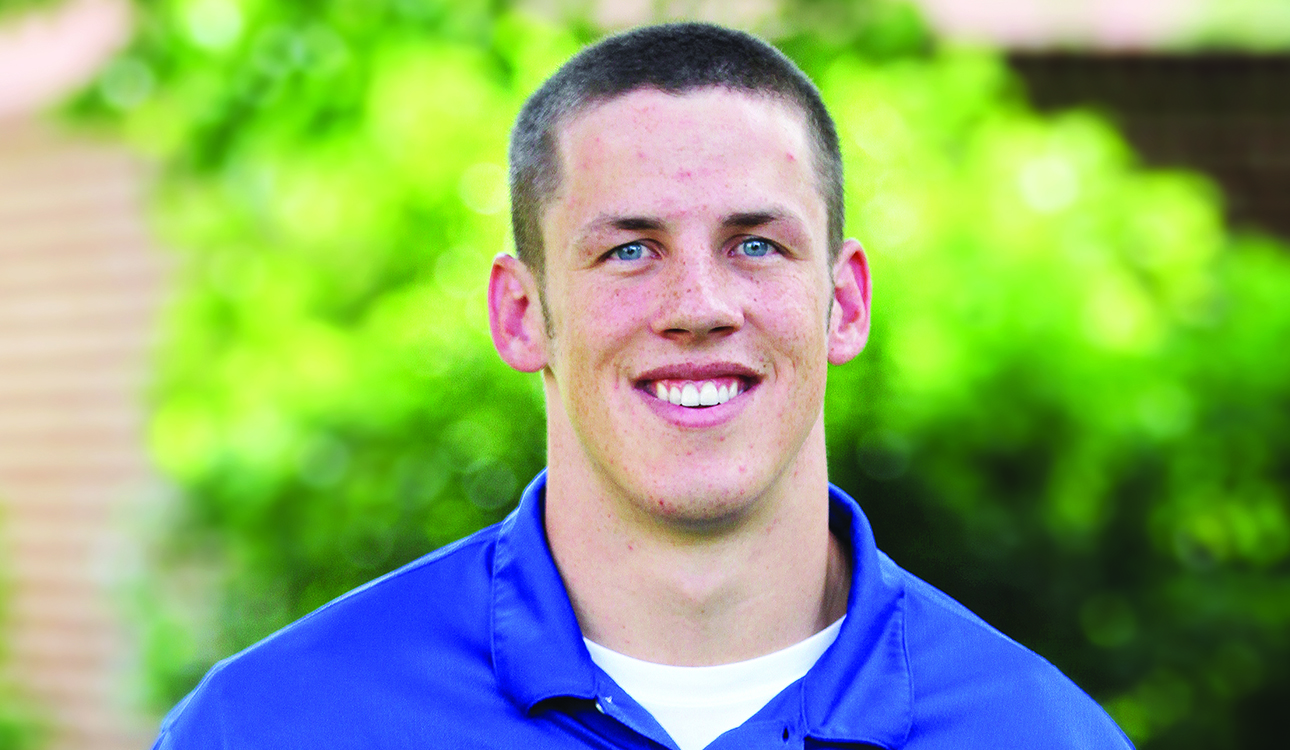
Sports Editor
Super Bowl XLVIII should not be played outdoors at MetLife Stadium in East Rutherford, N.J. The pinnacle of professional football should not be a game subject to giving one team a decided advantage over another.
The general consensus among pro football analysts is that windy, snowy or rainy conditions at MetLife Stadium on Sunday would give the Seattle Seahawks an advantage over the Denver Broncos because of Seattle’s ground attack with Marshawn Lynch and the Broncos’ reliance on the passing game with Peyton Manning at quarterback.
Seattle quarterback Russell Wilson can throw a football up to 55 miles per hour and has an advantage over Manning when it comes to arm strength.
In Manning’s eight career starts when the wind exceeds 20 miles per hour, he has thrown five touchdowns to nine interceptions according to Stats LLC.
Timothy Gay, a professor of physics at the University of Nebraska, said a 30-yard pass can move 37.8 inches off course in wind of 20 miles per hour or more.
Fans deserve to watch a championship game that epitomizes competition at the highest level.
In the regular season, most teams enjoy a certain home field advantage because general managers and front offices will construct their teams to suit the environment in which they play.
An example of this is the New Orleans Saints and the Detroit Lions. Both teams feature high-octane passing attacks to utilize playing on field turf surfaces in indoor stadiums where weather is not a factor.
Other teams are designed for success in the elements. A perfect example of this is the Seattle Seahawks.
Behind the bruising style of Lynch and the NFL’s No. 1 defensive unit, the Seahawks are built to play in the elements and are perfectly suited to play in any imaginable weather conditions with their conservative offense.
Denver, on the other hand, has a strong reliance on Manning’s ability to grip the football and throw accurate passes. If Super Bowl Sunday calls for rain or snow with a strong wind, then Denver’s best-laid plans could be thwarted.
No championship should ever be decided because the playing conditions gave one team an advantage over the other.
Hardcore football fans will argue both teams have to play in the elements, so no matter what the weather calls for, it is a fair game. This is not the case in the Super Bowl. A season and a championship could be changed completely because of the elements. Weather should never affect the outcome of a game or who will be crowned champion of the NFL.
The NFL decided to hold an open-air Super Bowl in a cold environment.
This was a massive gamble on behalf of America’s most profitable professional sports league.
Maybe the weather on Super Bowl Sunday will be calm and a non-story, but hosting an outdoor Super Bowl in a frigid east coast city in February is an unnecessary gamble as well.
California, Florida and Texas each possess numerous world-class stadiums, such as Cowboys Stadium in Arlington, which would offer the NFL a grand stage and a controlled, temperate environment that would have no effect on the outcome of the most important football game on the sports calendar.
I understand the NFL wanted to play in close proximity to New York City to enhance the stage.
The Super Bowl has proven that it does not need to be puffed up by the NFL; the Super Bowl is already America’s biggest sporting event of the year.
No matter who wins on Super Bowl Sunday, if the weather impacts a scoring play or changes the way one team normally plays, then the Super Bowl will undoubtedly have an asterisk next to it.
If the Seahawks win, the media will argue it was because Manning struggled in the elements. If the Broncos win, the media might say it was because the wind blew a Wilson pass to a Broncos defender.
There is a plethora of ways that Mother Nature could impact the football game. For the most important gridiron contest of the year, in which no team is given or has earned home field advantage, weather should not be a part of the story line.
Daniel Hill is a senior journalism and English double major from Seattle. He is the sports editor for The Lariat.






